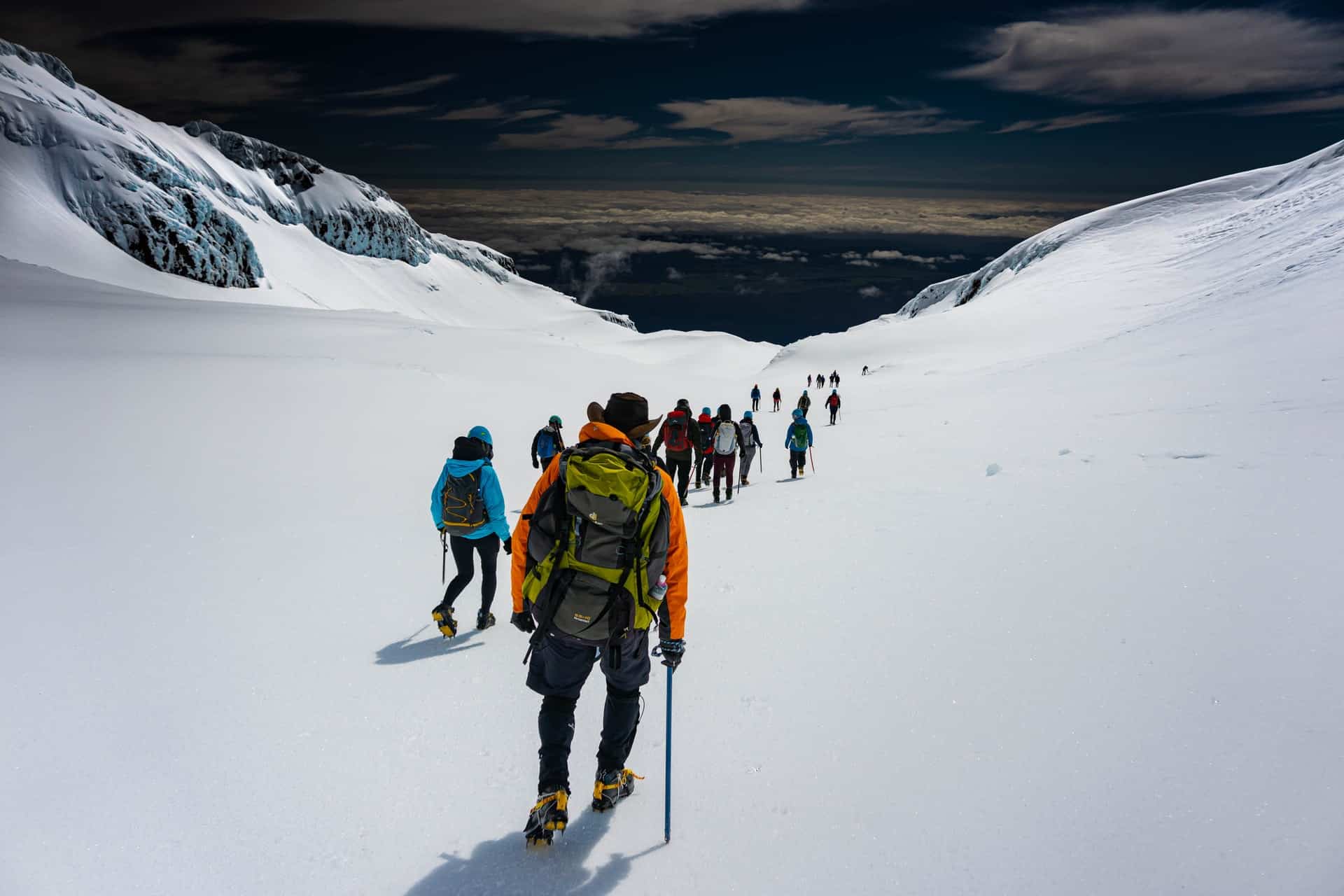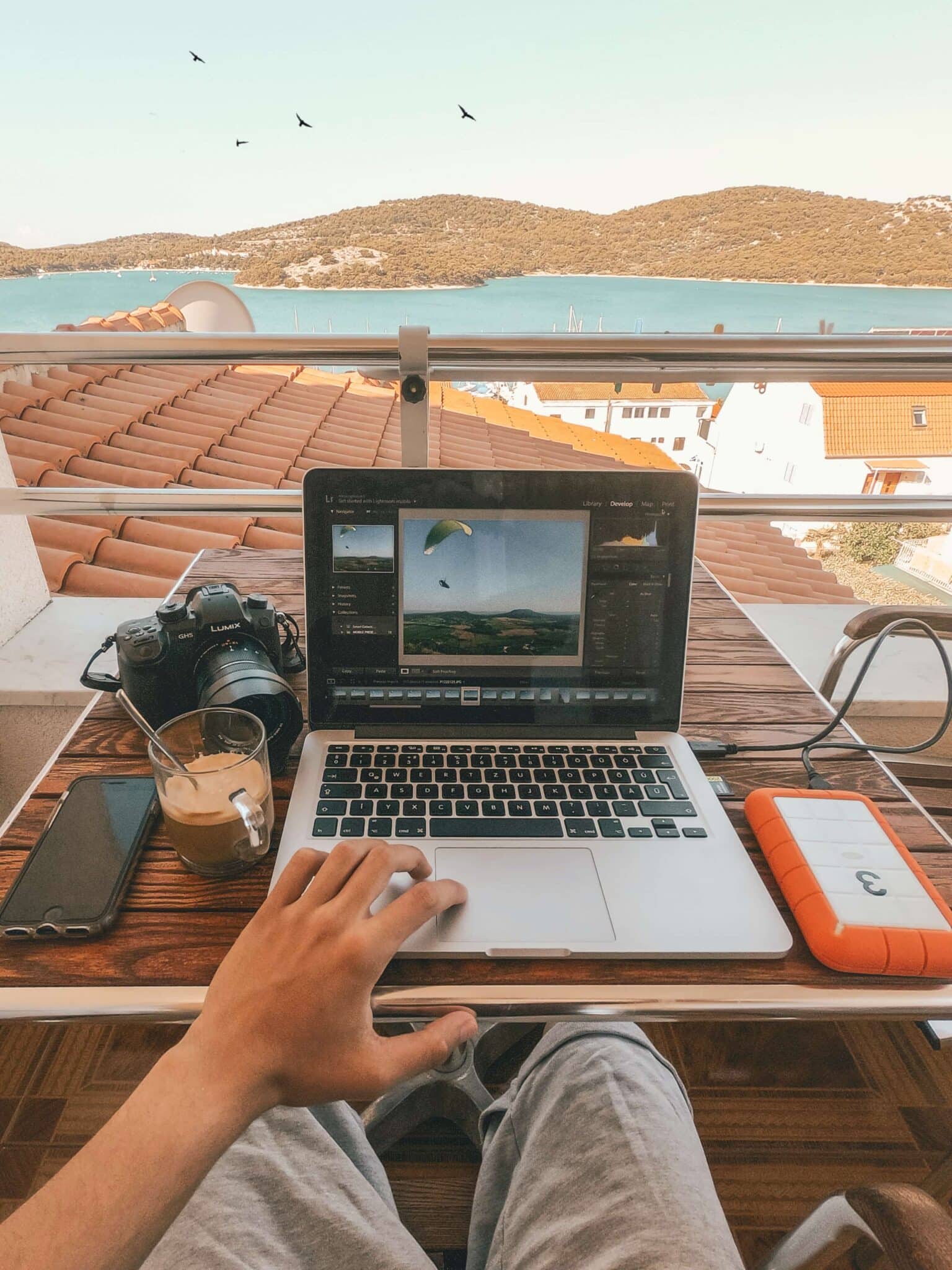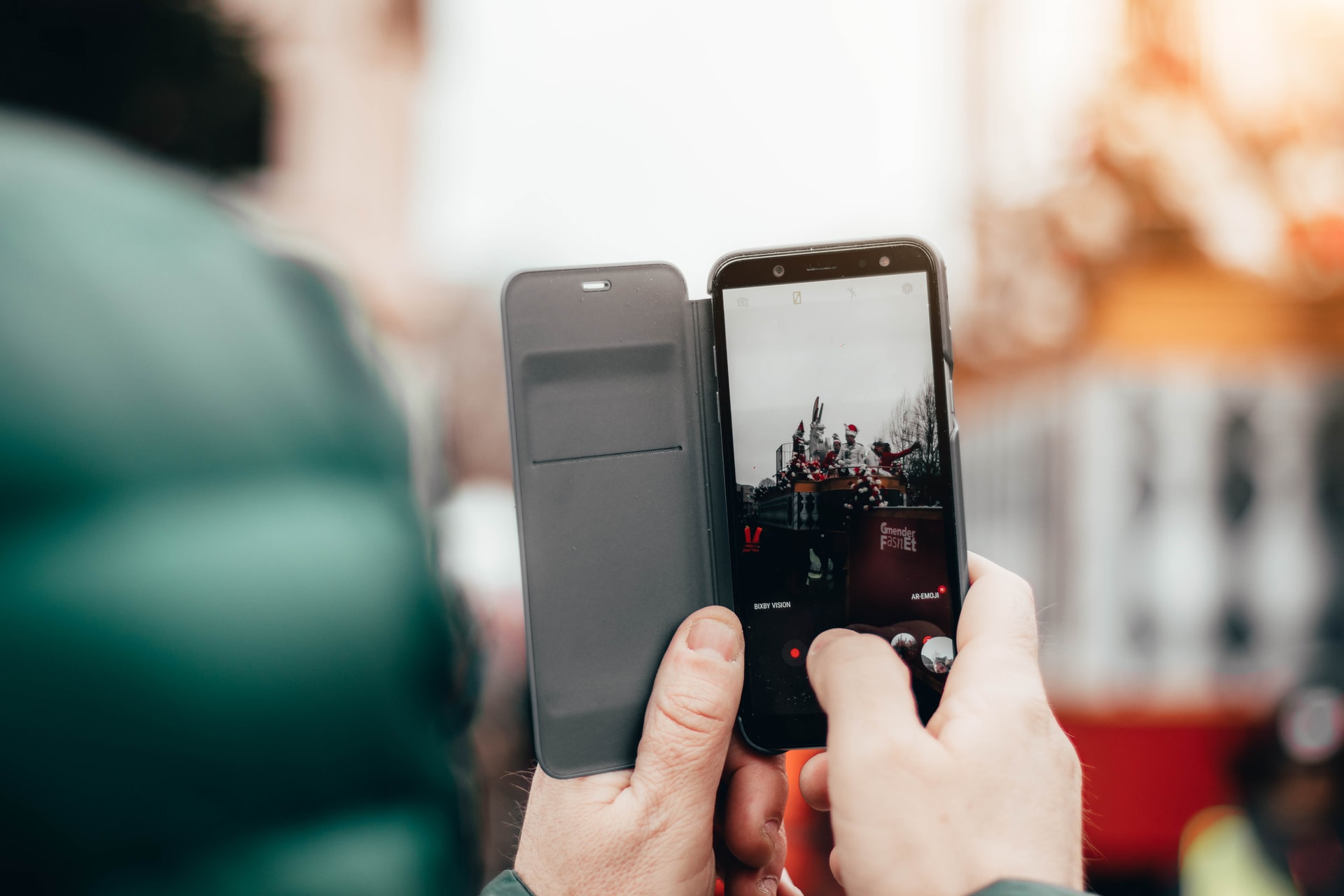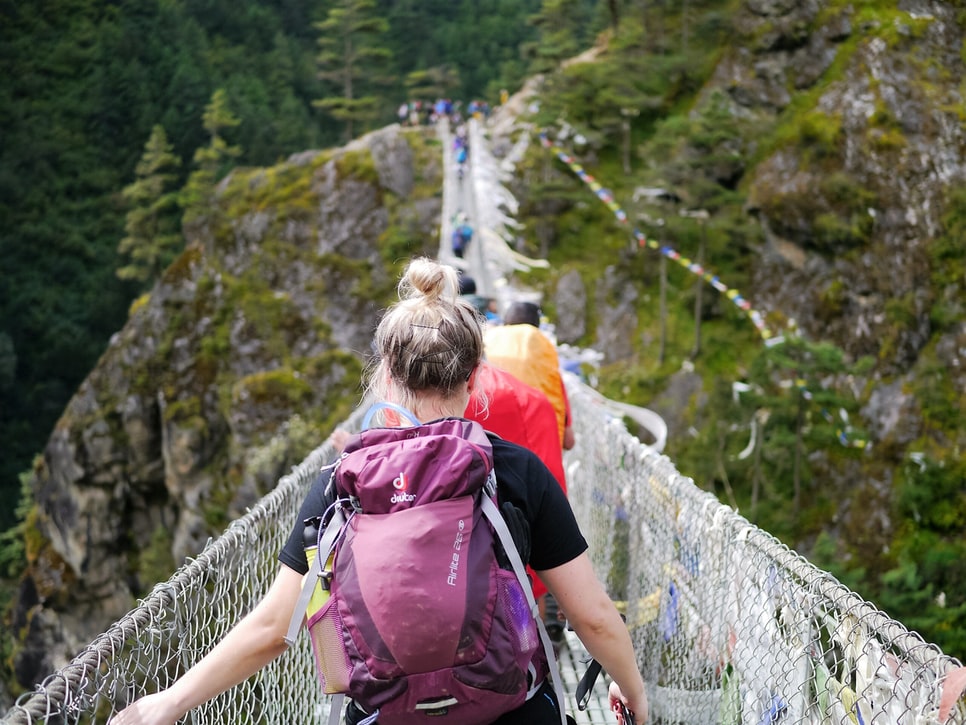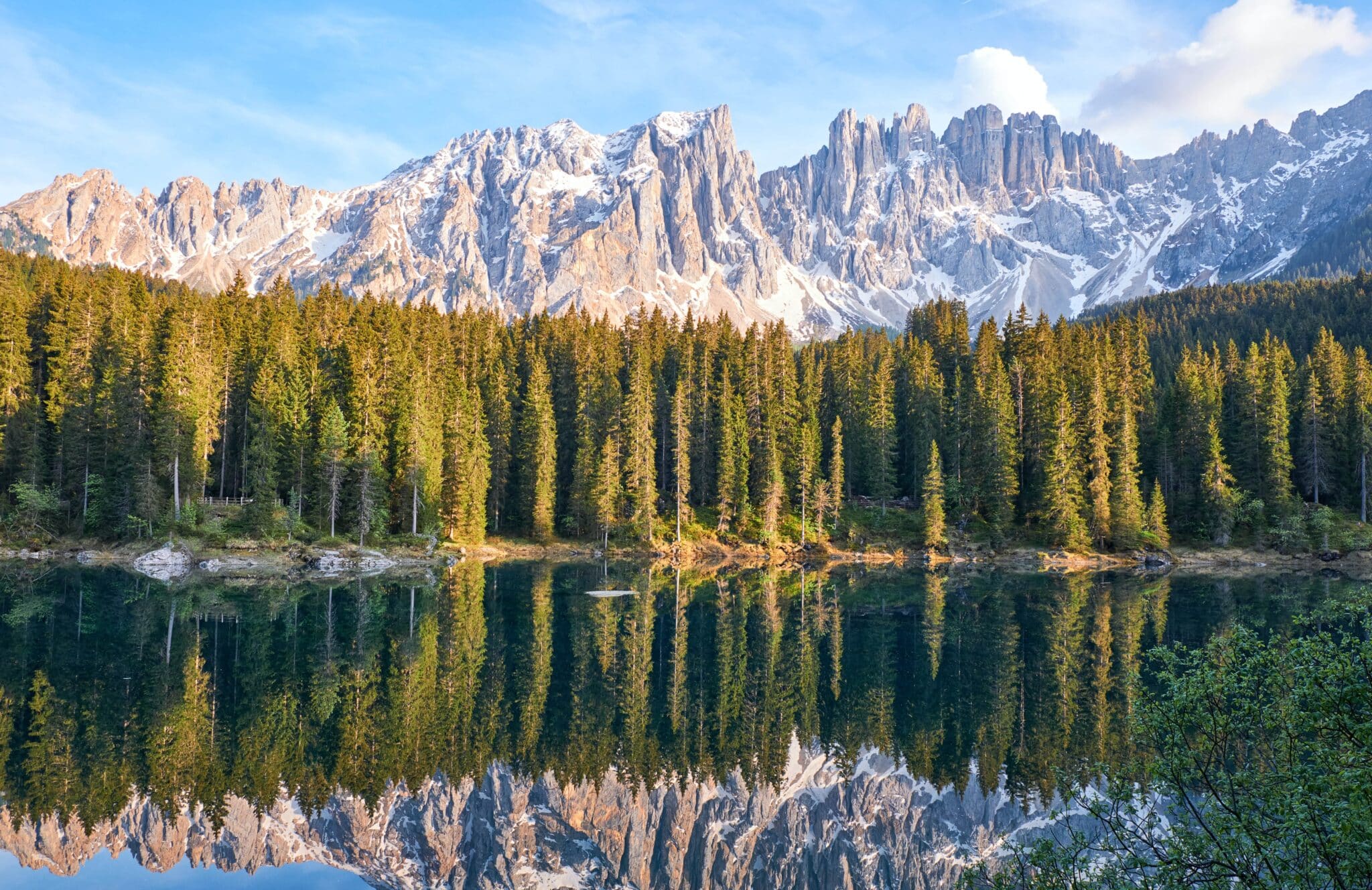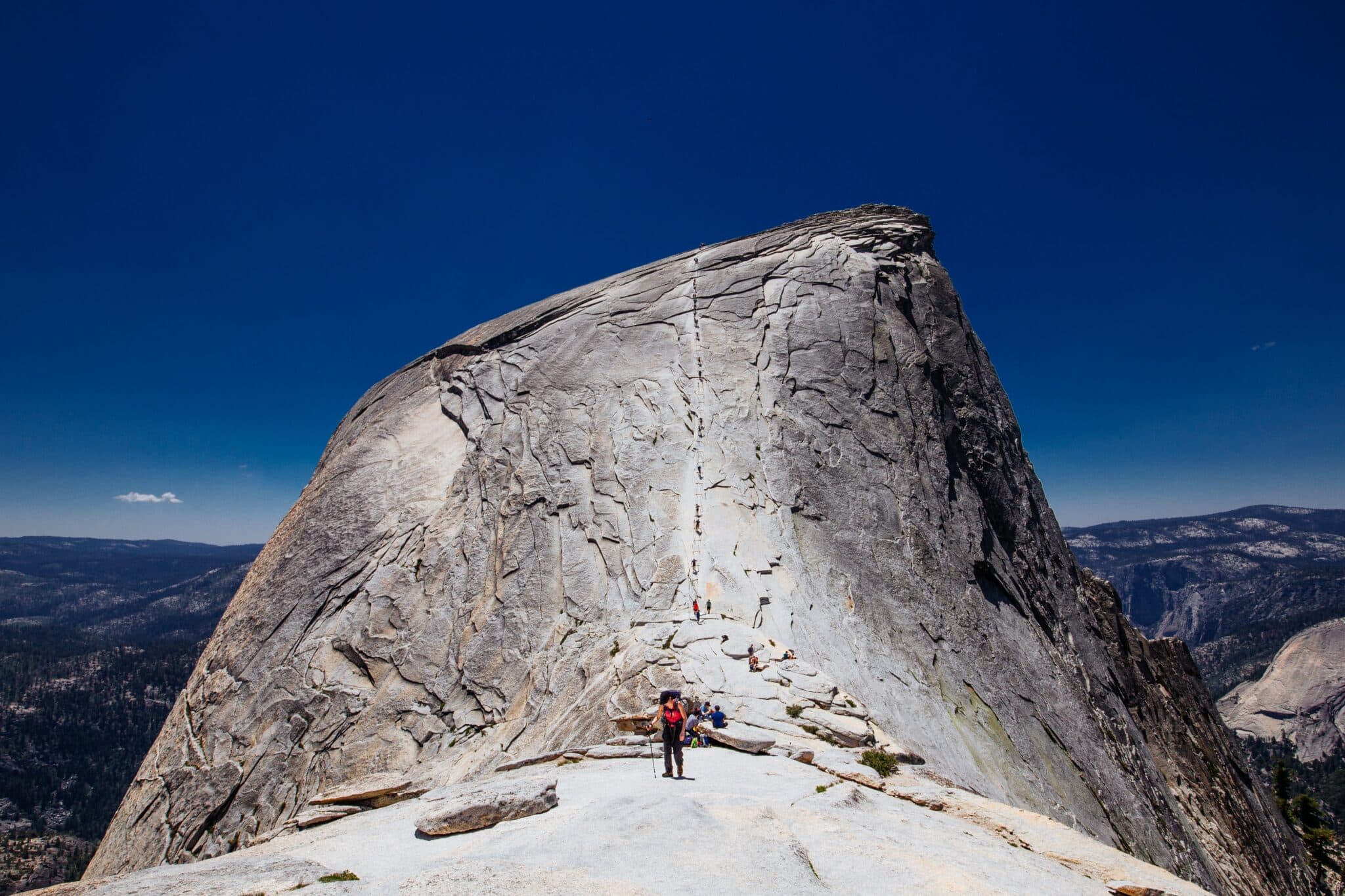The outdoor guiding industry, like other adventure travel sectors, has seen its fair share of dramatic changes over the past two years. We don’t expect that to level out any time soon. Instead, consider going into 2022 with your pivoting feet because there’s sure to be a consistent change in guiding (and travel in general).
So, if there’s anything we’ve learned since 2020, it’s that “the only constant is change” for tour operators. Here are 9 outdoor guiding and adventure travel trends coming our way in 2022:
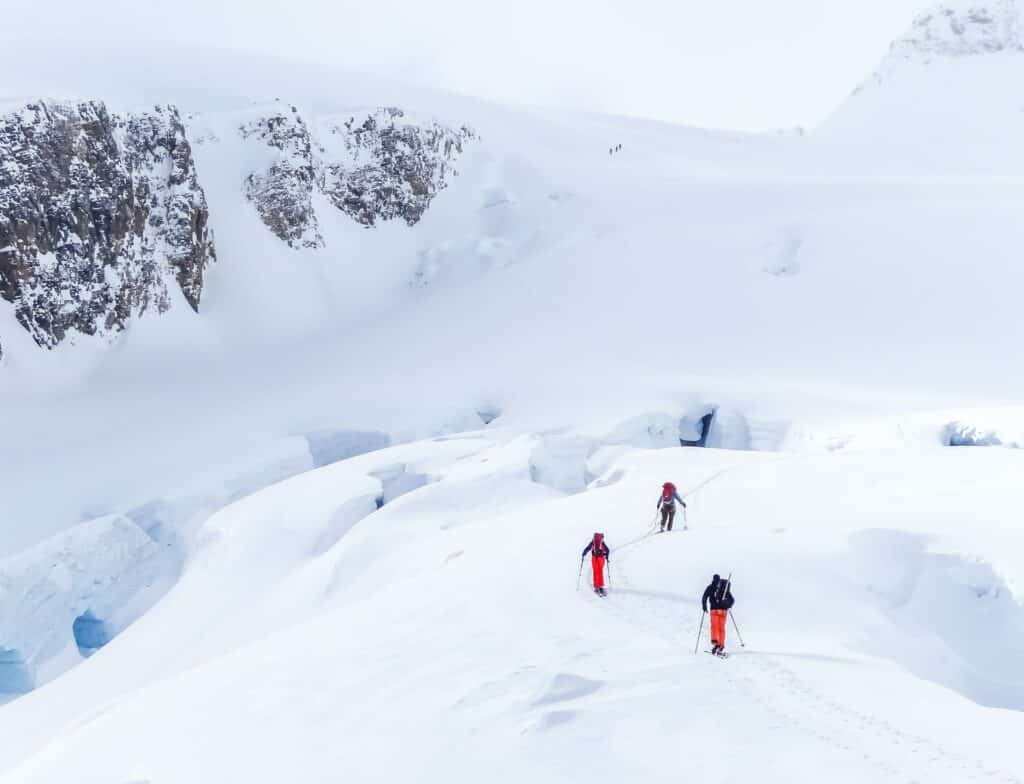
Outdoor Guiding Trends Coming in 2022
1. End of Reserve With Google But The Start of Google’s Things To Do
Arival reported at the beginning of August of 2021, Google stopped using the “Buy Tickets” button and path to reserve with guides through their Google My Business Listings. Instead, Google started working with OTAs and reservation technologies to implement their new Things To Do model. This was to let consumers compare options when visiting attractions.
While Google’s Things To Do is only active on mobile devices, focuses on visitor attractions, and is free, for now, that doesn’t mean it won’t extend to other tour companies or charge in the future.
According to Arival, it looks like Google’s still working out the kinks with some listings showing the wrong prices for tours, for example. Google may be scanning the web for the cheapest price, it’s hard to say. Expect to see more of Google’s Things To Do on the radar as the year progresses.
> What to do about this as an outdoor guide?
See if your online booking software or OTA partners with Google. Origin was not a Reserve With Google partner before they implemented this change, but we’ll notify our clients when that changes. Otherwise, at this point, it doesn’t seem like there’s anything outdoor operators need to (or can) do.
2. Outdoor Guiding Companies Coming Online
Arival interviewed Philippe Bichet of Manawa, an OTA based in Paris, France. Bichet thinks the fact that outdoor guiding companies remain offline is actually hurting their business more than helping them. When you can book a flight, a car, and a hotel room online, but you can’t book your next outdoor adventure on the web, you miss out on opportunities.
Further, Bichet says there’s this mentality with outdoor operators in that they’re happy with the ten clients they have a day for their backcountry skiing tour. And that they don’t feel like they need online booking software to get more bookings per day. It’s still very much a passion project rather than a business, which keeps them small and likely, always in a financial pinch.
By adopting online booking software, adventure operators have grown bigger than they expected because they invested in online reservation software and digital marketing.
The good thing is that more outdoor operators are adopting reservation technology. They’re seeing incredible results too: more bookings and less time spent on administrative tasks.
> What to do about this as an outdoor guide?
If you’re not currently using simple booking software for your outdoor guiding trips, then start doing your research to find the best platform for your company. While there are a ton of activity booking platforms out there, only Origin has considered the nuances of being an outdoor guide and built software specifically for your hurdles.
International Travel and Flights
3. Local Tourism
With Omicron sweeping the nation, and no end of COVID in sight, local tourism will continue to dominate, especially with international travel still very much up in the air (no pun intended).
> What to do about this as an outdoor guide?
Focus on attracting local tourists where you operate. This can be marketing for those “staycations” or partnering with other local companies to offer vacation packages.
4. COVID Vaccinations
CNN thinks one of the biggest hurdles travelers and government officials alike will face is managing COVID vaccinations. When is someone considered vaccinated? After one shot? Two shots? Two shots and a booster?
Will this affect travelers abroad from coming to the United States? Forbes provides a January 2022 Covid-19 Travel Updates to delve in further. As far as we’re concerned, we expect there to be ever-changing restrictions for the foreseeable future.
> What to do about this as an outdoor guide?
Try to stay on top of travel updates as best you can if you normally see a lot of international adventure travelers.
5. The Outdoors Reign Supreme
According to Fortune, time-share properties near U.S. national parks have seen a 71% increase in bookings. At the same time, outdoor-friendly destinations, like Montana and Colorado, are Kayak’s top-trending destinations.
In an interview with Steve Hafner, CEO of Kayak, he told Fortune, “Destinations that offer quick flights, little to no restrictions, and provide a good combination of indoor and outdoor activities appear to be the preference amongst American travelers these days.”
> What to do about this as an outdoor guide?
Other than keep doing what you’re doing, consider partnering with travel agencies, hotels, and AirBnbs near your outdoor guiding operations.
6. Last-Minute Bookings
Steve Hafner, CEO of Kayak told Fortune they’re seeing more last-minute bookings than they did two years ago. For instance, searches for flights within 7 days of departure have gone up by 50%. It shows how much more flexible travelers are as well as their uncertainty about traveling. Further, it’s clear there’s a demand to travel, especially internationally.
> What to do about this as an outdoor guide?
People are likely worried about canceled flights or changes in travel requirements or restrictions. Having a flexible cancelation policy could lower travelers’ anxiety about booking early with you. Make sure you work with a reservation technology company that doesn’t hold on to your cash, like some are known to do.
7. Life Moments and Cultural Engagement
TravelPulse reports on a survey by Ipsos, commissioned by Google, which found that 56% of Americans are going to have a “Life moment” within the next two years. “Life moments” like getting married, finding a new job, or moving. This is important because 78% of those people plan to travel around those times too. Of these travelers, they’re going to be looking for the most affordable pricing, flexible cancellation policies, and safety guidelines/restrictions. This survey also found out that travelers spent around 71% of their time researching their trip online.
They also found that 86% of travelers of color travel abroad for cultural engagement. Further, three out of four travelers try to find out information specific to their cultural and ethnic backgrounds. They rely on “word of mouth, travel guide sites, and social media influencers.”
> What to do about this as an outdoor guide?
Make sure you are using SEO keywords these travelers are using in their Google searches. This way, your website comes up in results. SEO is important for outdoor guides. It helps you get discovered without having to pay Google to show up in results. Start working on your SEO if you haven’t already.
Also, consider how you can be culturally diverse and add to those “life moments” people are planning now. Is there any part of your tour that can lend itself to learning more about the land on which you’re recreating? Can you combine your adventure with “life moments”?
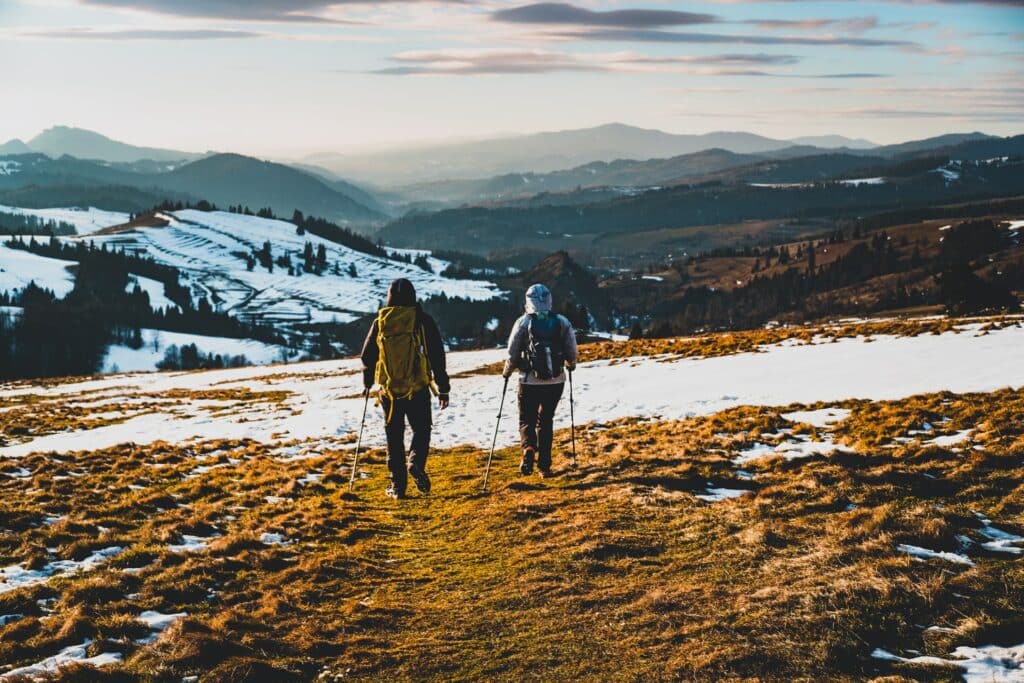
Outdoor Guiding Trends We Hope To See
8. Supporting The Local Community In Which Tours Are Operated
We agree with Skift when they say tourism needs to be more ‘community-based.’ These are experiences led and owned by the locals in the community holding the tours. You can’t have a destination without the culture of the local community. In fact, studies show more people want community-focused trips.
Skift lists Panama and the Caribbean as examples of how to make your tours more community-based. Panama’s local communities and international non-profit organizations are working together to create 10 host communities that are interested in local tourism for economic growth in their communities.
Also, the Caribbean Tourism Organization is working with Planeterra to help integrate local communities and tourism by providing them with training and the support they need to start offering local tourist experiences.
> What to do about this as an outdoor guide?
Consider how you can benefit the local communities in which you operate. Are you hiring them? Donating to them? Educating tourists about the community?
It’d be great to see the training of local communities and guides to be more self-sufficient and teach them skills to eventually lead one day.
9. Supporting Seasonal Guides and Their Mental Health
We’d love to see more companies helping the tourism workforce and seasonal guides, and their mental health. The past two years have shown how important travel and tourism are to local and state livelihoods. We’ve also seen maybe too much guiding romanticization in the outdoor industry—getting paid to do what you love—but is that really all there is to it?
Guides deal with constant transitions between working and off-season, the physical demands of the work, and financial instability. Dr. Anne Baker, a therapist, a postdoctoral fellow, and a thru-hiker herself uses the term, “End-of-the-hike blues,” to describe what guides go through at the end of each season.
During Dr. Baker’s study on thru-hikers, she said there are five significant aspects of immersive outdoor experiences: simplicity, purpose, adventure, community, and extreme exercise, also known as SPACE. She believes guides adopt a similar sort of identity during the guiding season, much like how thru-hikers adopt “trail names.” When the guiding season ends, guides grieve the person they identified as. Unlike hikers, guides have a repeated loss year after year.
Dr. Baker believes this yearly loss is why we’re seeing substance abuse in guides. They’re used to partaking in their guests’ vacations, sometimes drinking with the guests for better tips. Further, during the guiding season, there’s constant exercise and movement, so when it ends, guides can fall into a depression-like state because their activity decreases. If you’re used to doing that all day every day and then that stops, how does your body react?
Luckily, guides are starting to talk to each other more about this issue. Plus, we’re starting to see some organizations, like The Whale Foundation and Redside Foundation, who are specifically supporting guides with mental health resources as well as health insurance.
> What to do about this as an outdoor operator?
Assess what kind of resources you can provide your guides. Share The Whale Foundation and Redside Foundation with your guides. Talking to your guides and with each other will make tremendous headway if you or your guides are struggling with mental health issues or substance abuse.
10. Diversity and Inclusion in Outdoor Guiding Space
The AOA held a 3-day conference for the outfitter industry and one of their main points discussed was how the outdoor guide industry can make the outdoors more diverse and inclusive.
Earl B. Hunter of Black Folks Camp Too said Black people aren’t participating as much in outdoor activities because of “generational fear, lack of knowledge about the outdoors, and never being invited by the industry in a meaningful way.”
To get more Black outdoor recreationists outside, start with marketing and pre-trip info. Guides need to educate newcomers and especially folks who’ve been excluded in the past on what they can expect during a trip. For example, Earl said, “Do not tell Black folks to meet you at the trailhead. They will likely not show up.”
> What to do about this as an outdoor operator?
As an outfitter, how can you educate your guests about what to expect when going on a trip with you? How can you make the outdoors more inviting?
How can you make your guiding company more inclusive and diverse? AOA listed things such as inclusion surveys, interviews with staff, and getting demographic data to understand your current benchmark for diversity (gender identity, age, sexual orientation, age, race, disabilities).
There are a lot of changes coming to the outdoor guiding industry this year and we’re excited about it. From confirming that the outdoors are the best place to be to diversifying them, this is going to be a great year for outdoor adventure operators.

